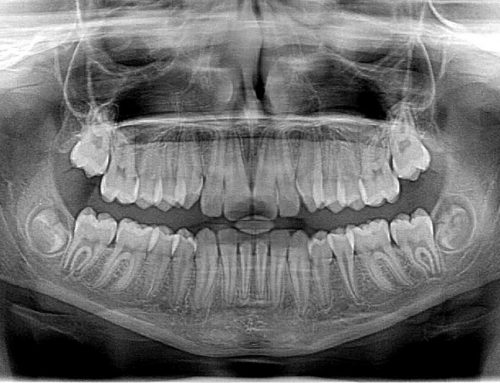Did you know there is more than one kind of dentist?
With many different kinds of dentists out there how do you know what to do, where to go, who to choose, or what they even do?? Here is a list of just a few of the more mainstream dental professionals/specialists to help you make the right decision.
General Dentist:
A general dentist is the most common kind of dental professional. This is the person most people refer to as “The Dentist”. This is where you go for your 6 month check ups, most general work that needs to be done, and for toothaches. General dentists will do most restorative procedures (filling cavities, placing crowns (caps), certain rootcanals and tooth extractions).
This is your go to dental professional. If you’re not sure where to go, ask your general dentist!
Orthodontist:
An Orthodontist is a dentist that specializes in aligning teeth and jaw joint concerns. This kind of specialist is most commonly seen when you want braces. Orthodontists go to an additional 2-4 years of schooling after dental school. This extra schooling is what makes them a specialist in proper, safe tooth movement (orthodontics) and the guidance of dental, jaw and facial development. If you’re not sure if braces or seeing an orthodontist is the right path for you, most orthodontists will perform a complimentary evaluation to see if you are a good candidate or not.
Pediadontist:
This dental specialist is more commonly known as a pediatric dentist, they specialize in the care of infants’ and children’s teeth. Pediatric dentists go through an additional 2-3 years of training after general dental school. Their offices tend to be more colorful and full of great distractions for children more so than a general dentist office, which can help a nervous child feel more at ease in this environment. Referrals are not usually necessary to see this specialist.
Endodontist:
Endodontists are dentists that specialize in the inside of teeth. They perform rootcanals and specific procedures to save teeth after traumatic dental injuries. To perform these specialized procedures these individuals have completed two or more years of training after regular dental school. Endodontists use specialized techniques and tools to be able to see inside of the teeth to help save them more quickly and comfortably. Most patients that go to an endodontist have a referral from their general dentist explaining why they have been recommended to this particular specialist.
Oral Surgeon:
These specialists are also called Oral and Maxillofacial Surgeons (OMS). In addition to general dentistry school these specialists complete an extra 4-6 years of surgical training. An oral surgeon’s office completes a variety of procedures. OMS can remove impacted wisdom teeth, extract other teeth due to various reasons, perform jaw surgeries, repair cleft lip or palate, treat/remove/diagnose some head and neck cancers. They are also qualified to administer more powerful anesthesia. As with most specialists, patients that are seen here are usually referred by another medical professional.
Periodontist:
This is the kind of dentist that specializes in the treatment of gums and other soft tissues of the mouth. Periodontists require an extra 3 years of education past dental school. Your general dentist will usually refer you here for the treatment of severe periodontitis, a deep cleaning of your teeth down below the gum tissues (scaling and root planing), gum grafts, and/or placing and maintaining dental implants.



